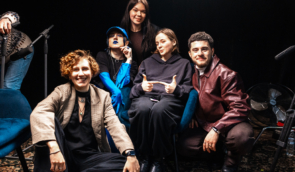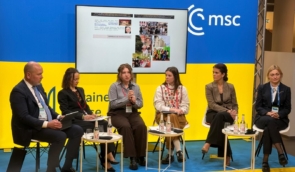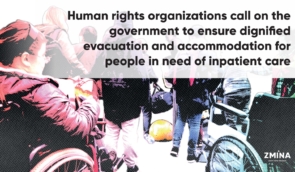Officials and human rights defenders speak about human rights in wartime
On December 9, Kyiv hosted the international conference “Human Rights in Dark Hours”. The event was held at the Maidan Nezalezhnosti metro station and was timed to the 74th anniversary of the Universal Declaration of Human Rights. The conference was organized by the Office of the Ombudsman of Ukraine, the Office of the President, and the Ministry of Foreign Affairs of Ukraine.
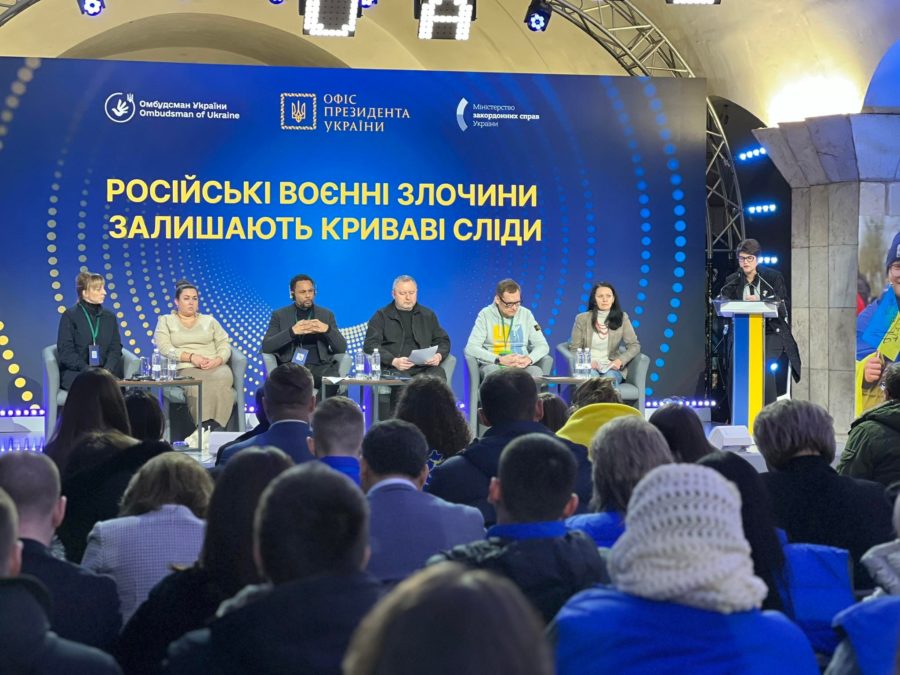
The event was attended by President of Ukraine Volodymyr Zelensky, Ombudsman Dmytro Lubinets, representatives of government agencies, civil society, international institutions and organizations.
Participants spoke about the importance of human rights and their observance during the Russian full-scale invasion. They also talked about the activities of international humanitarian and human rights organizations.
In particular, Volodymyr Zelensky pointed to the need to return home all Ukrainians who were unlawfully deported and detained by Russia, and also noted that Ukraine had already returned 1,331 Ukrainian soldiers from Russian captivity.
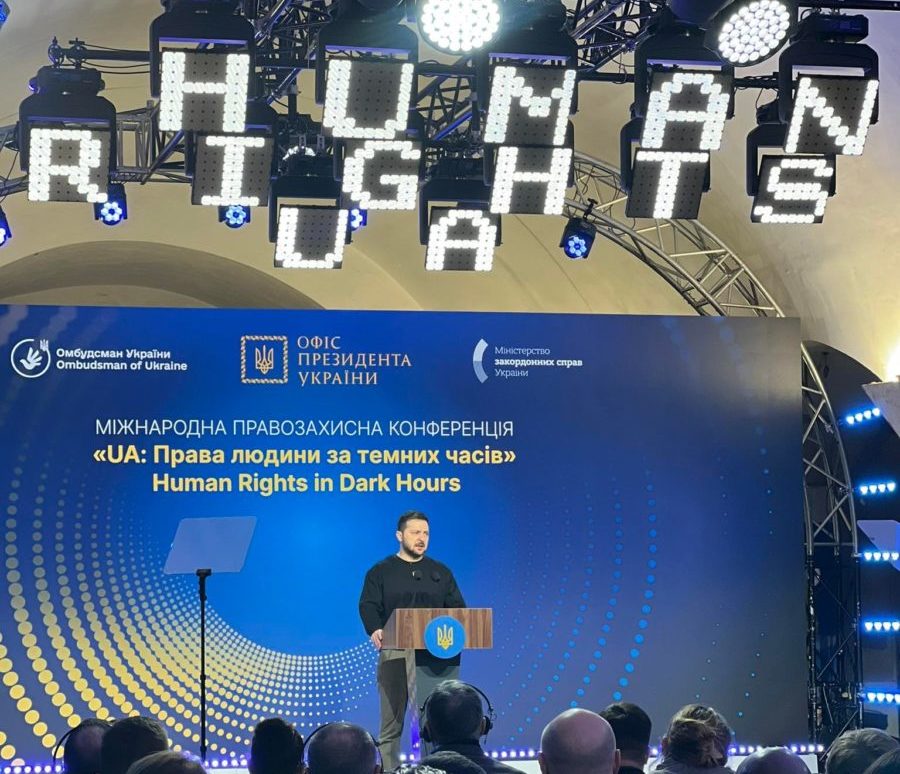
Separately, he praised the participation of President of the International Ombudsman Institute Chris Field in the conference and also mentioned the activities of Ukrainian Ombudsman Dmytro Lubinets who joined the efforts to release Ukrainian military and civilians from Russian captivity.
“Perhaps, it is this system – the system of ombudsman and the international component of cooperation in this system – that can bring us closer to the desired result: return everyone home. All Ukrainians: adults, children, prisoners of war, political prisoners, all those who are forcibly held in the territory of the Russian Federation and in the temporarily occupied territories of our state. It’s worth at least trying, I think so,” Zelensky said.
First Deputy Minister of Foreign Affairs of Ukraine Emine Dzheppar also took the floor and said that the dark hours for human rights had come not on February 24, but almost nine years ago with the first victim of the Russian aggression: Crimean Tatar Reshat Ametov.
“Since then, the human rights situation in occupied territories has been constantly deteriorating because together with the territories, the invaders are occupying freedom of speech, the right to dignity and freedom, the right to express views and beliefs. All that is protected by the Universal Declaration of Human Rights“, Dzheppar underscored.
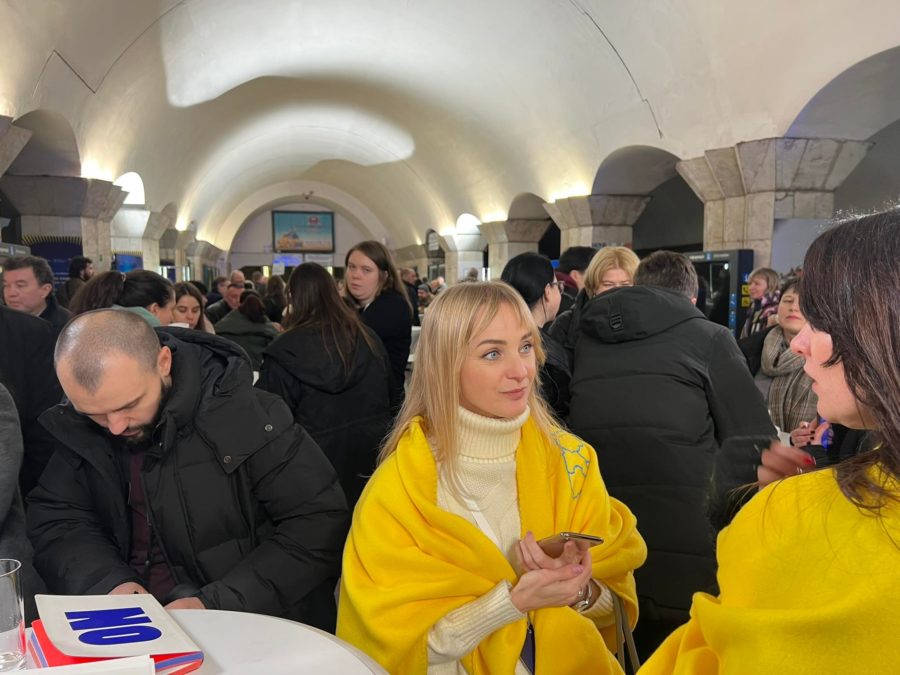
Ombudsman Dmytro Lubinets advocated the need to reform the international system of collective security:
“We see that the collective security system does not work in the present-day world, there is no punishment for the crime of aggression. It is necessary to reform international institutions, the UN system, Amnesty International. This problem arose not in 2014. It arose in 1992 with Russian aggression in Moldova. What was the response to that? Just words.“
The Ombudsman stressed that a direct response body was needed to help any country suffering from the invasion by another state. A tribunal procedure must also be initiated so that the senior leadership of the aggressor state and its military, who carry out orders, know that accountability will necessarily follow. In addition, the activities of the aggressor state in all international organizations must be terminated automatically.
Tetiana Katrychenko, coordinator of the Media Initiative for Human Rights, a member of Ukraine 5AM Coalition, talked about the demand of civil society for justice and the need to be attentive to the rights of the victims.
“When we talk to the victims, especially during field missions in Kyiv, Chernihiv, Kharkiv, and Kherson regions, we hear not only testimonies about destroyed houses and destroyed lives, but also names. More precisely, call signs: ‘Ural’, ‘Bes’ in Kherson, ‘Poltava’, ‘Sever’, ‘Chechen’ in Kochubeyivka, representatives of specific units of the Russian army and Russian-controlled units from Donetsk or Luhansk. And although the witnesses do not know the real names of the perpetrators because the occupiers usually hide the real names, they saw their faces and can recognize them. And this information for victims is no less important than information about the circumstances of a specific crime. Nine months into the war, a demand for justice was formed in society. It is important for society that not only Putin ends up in The Hague but also that the names and surnames of individual offenders be revealed. It is important that the relatives of the Russian aggression victims seek justice but do not hope for it,” Katrychenko said.
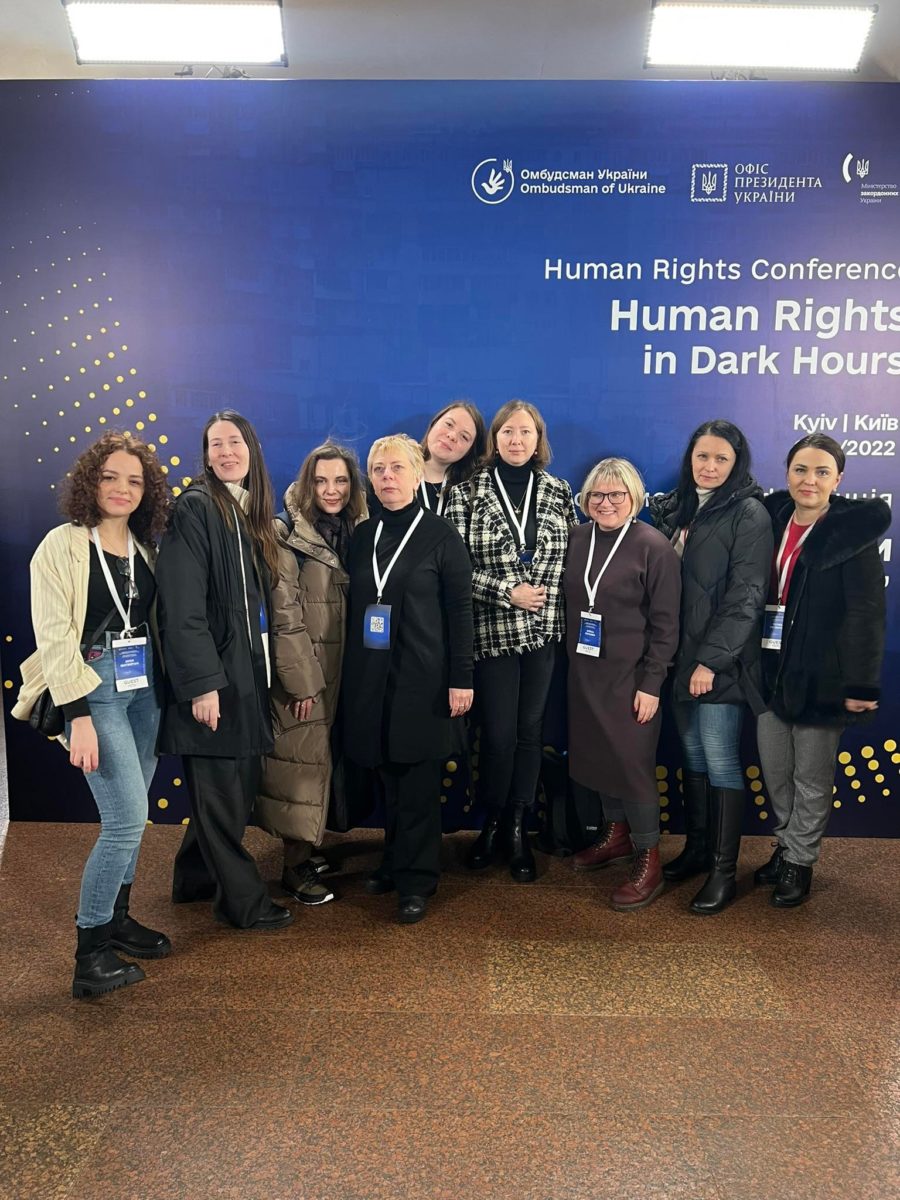
She also added that victims often did not know where they should submit their statements and how they should act so that their testimony was properly recorded and effectively used and their words were not treated indifferently.
“During the war, in conditions of self-censorship, it is very difficult to talk about internal challenges. And maybe it’s not time to discuss them publicly. But it is definitely time to record them responsibly to effectively bring the perpetrators to justice. Ukraine should do this at the national level, and the world – at the level where Ukraine is powerless. Of course, Ukraine needs the help of international partners more than ever before, but international partners ask us and will continue to ask us about national investigations, their quality and results. And most importantly, the victims, with whom we will live in Ukraine after the victory, will ask about them,” the human rights activist added.
Photo credit: Tetiana Pechonchyk, ZMINA
If you have found a spelling error, please, notify us by selecting that text and pressing Ctrl+Enter.

